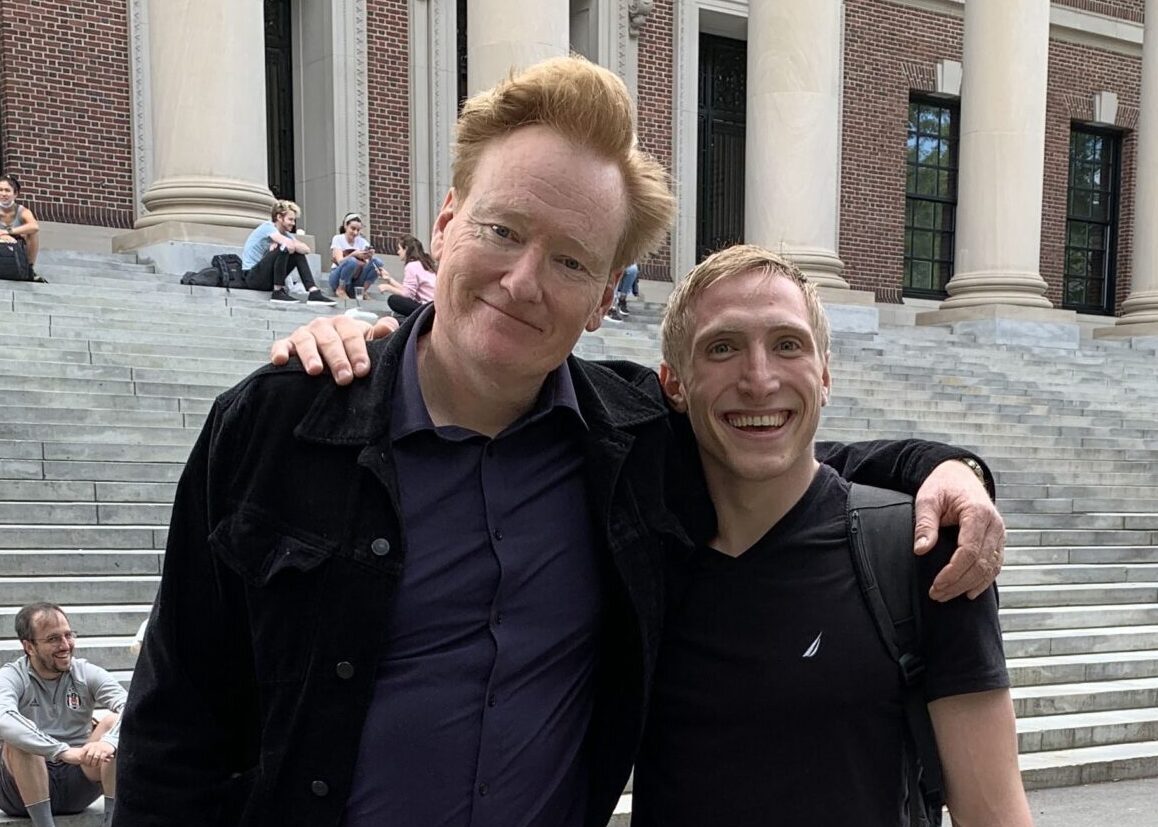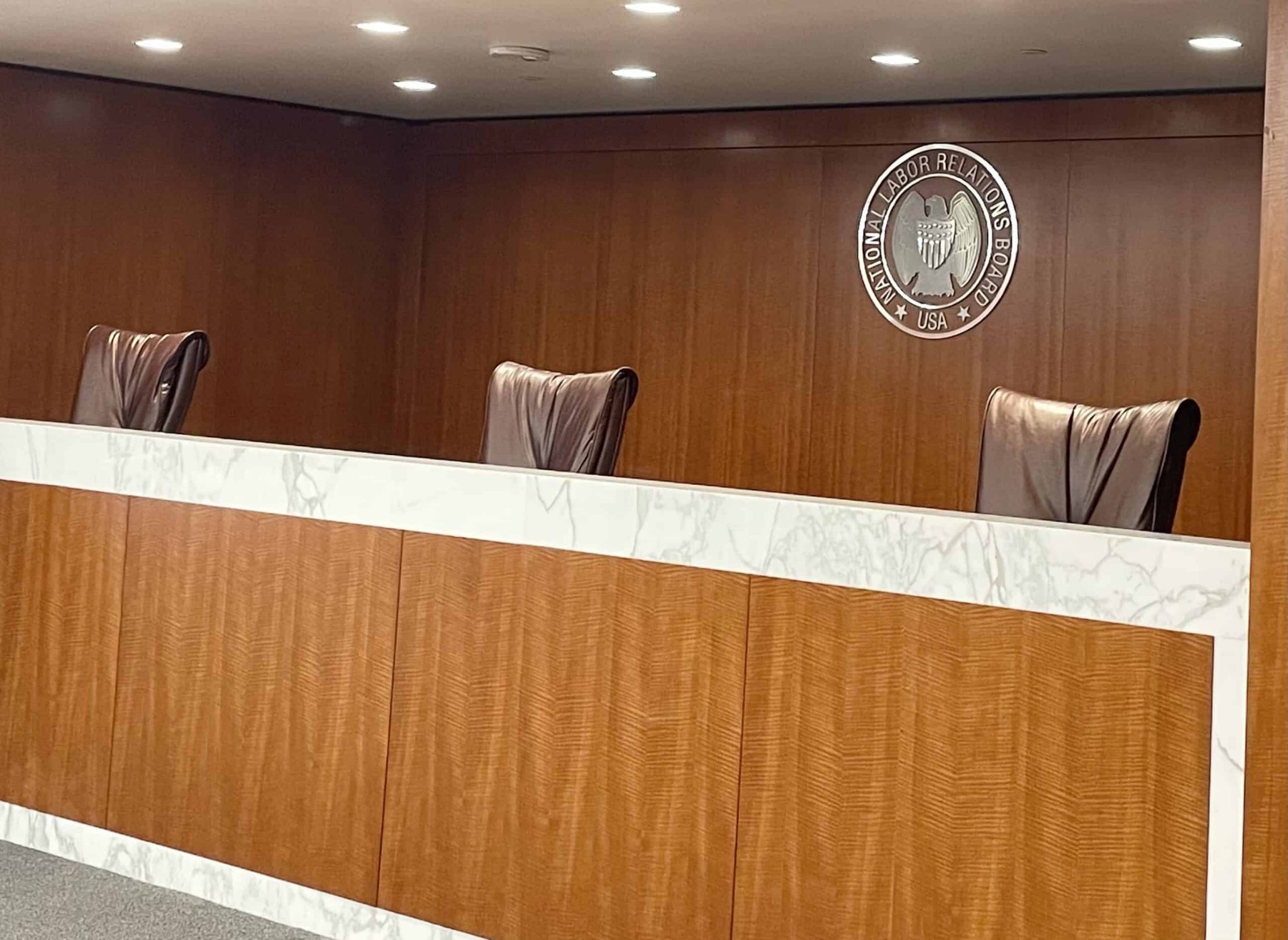
Greg Volynsky is a student at Harvard Law School.
In Today’s News & Commentary, SpaceX files a lawsuit contending the NLRB violates the Constitution.
On Wednesday, a regional director of the NLRB issued a complaint against SpaceX, alleging that the company illegally retaliated against workers engaged in concerted activities for mutual aid and protection, in violation of Section 8(a)(1) of the NLRA. The company terminated workers who authored an open letter criticizing Elon Musk.
SpaceX responded on Thursday by suing the NLRB, alleging that the NLRB’s structure is unconstitutional. The lawsuit relies on Jarkesy v. SEC, a case currently pending before the Supreme Court. That case involves several critical administrative law questions, two of which I explain below. In short, Jarkesy—and now the SpaceX lawsuit—argue that agencies cannot impose civil penalties without a jury trial in a wide range of cases, and that Administrative Law Judges (ALJs) are unconstitutionally shielded from presidential removal.
First, Jarkesy raises whether the Seventh Amendment proscribes Congress from authorizing administrative proceedings that impose civil penalties in certain cases. The Seventh Amendment protects the right of Americans to a jury trial in common law suits. In 1977, in Atlas Roofing Co. v. Occupational Safety Com’n, the Supreme Court held that the Seventh Amendment does not prevent the government from bringing enforcement actions, in administrative forums, against companies that are alleged to violate “public rights”, or rights created by statute. The Fifth Circuit in Jarkesy held that the SEC could not prosecute fraud without offering the right to a jury trial, distinguishing from Atlas Roofing because fraud historically constituted a common law cause of action, while the enforcement action in Atlas Roofing were “new and somewhat unusual” and “could not have been brought in legal actions before that point.” The Supreme Court appears divided on this question.
Second, Jarkesy raises whether SEC ALJs are unconstitutionally shielded from presidential removal. In U.S. v. Perkins (1886), the Supreme court held that Congress can protect inferior officers from at-will removal. In Humphrey’s Executor v. U.S. (1935), the Supreme Court held that Congress can establish limits on the president’s removal power over some executive officials. More recently, however, the Supreme Court has significantly cabined Humphrey’s Executor. In Free Enterprise Fund v. PCAOB (2010), the Court held that “double insulation”—two layers of for-cause protection—violates the Constitution. Justice Thomas and Justice Gorsuch have advocated for overturning Humphrey’s Executor altogether.
In Jarkesy, the Fifth Circuit held that ALJs suffer the same constitutional infirmity as the Oversight Board in Free Enterprise Fund. The ALJs can only be removed by SEC Commissioners for good cause, and the Commissioners can only be removed by the President under limited circumstances, thus creating double insulation. The SEC argues that “Free Enterprise Fund does not establish any such absolute rule”, and points out that the Free Enterprise Court expressly declined to extend its ruling to ALJs, distinguishing between “policymakers” and “adjudicators”.
Musk’s lawsuit makes very clear: the resolution of both questions will be critical to the future of the NLRB.






Daily News & Commentary
Start your day with our roundup of the latest labor developments. See all
January 7
Wilcox requests en banc review at DC Circuit; 9th Circuit rules that ministry can consider sexual orientation in hiring decisions
January 5
Minor league hockey players strike and win new deal; Hochul endorses no tax on tips; Trump administration drops appeal concerning layoffs.
December 22
Worker-friendly legislation enacted in New York; UW Professor wins free speech case; Trucking company ordered to pay $23 million to Teamsters.
December 21
Argentine unions march against labor law reform; WNBA players vote to authorize a strike; and the NLRB prepares to clear its backlog.
December 19
Labor law professors file an amici curiae and the NLRB regains quorum.
December 18
New Jersey adopts disparate impact rules; Teamsters oppose railroad merger; court pauses more shutdown layoffs.